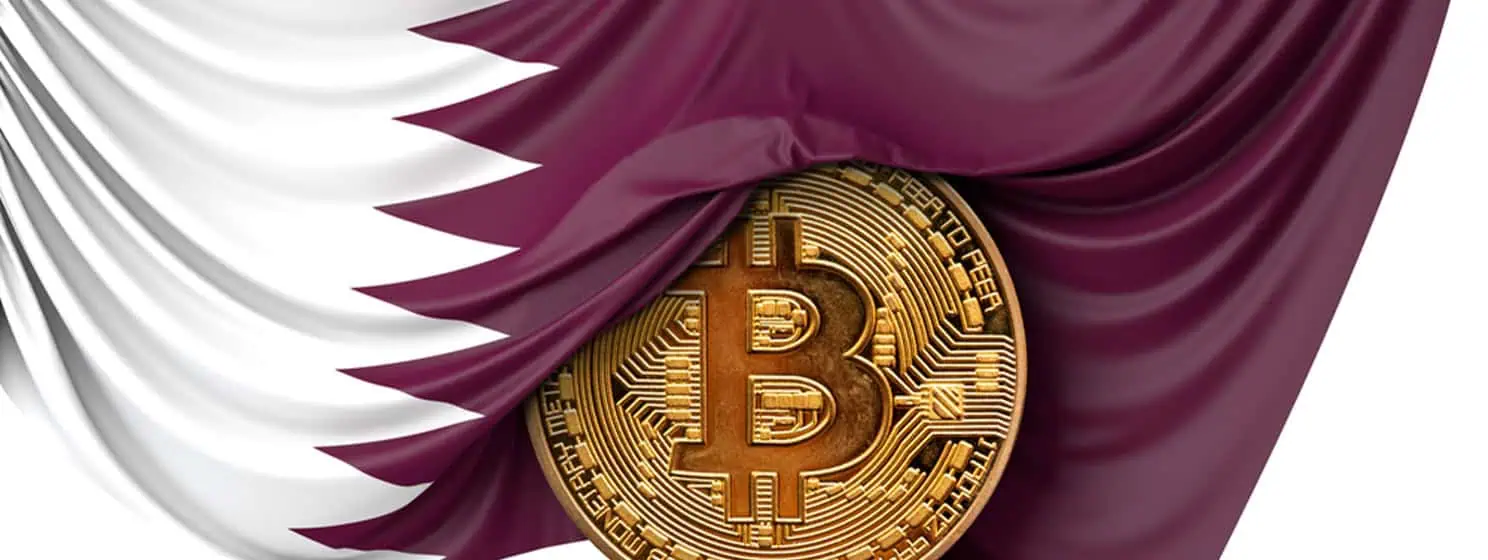|
Getting your Trinity Audio player ready...
|
The Qatar Financial Centre (QFC), an onshore business and financial center located in Doha, Qatar, announced a comprehensive framework for regulating and creating digital assets. The goal is to support Qatar’s digital transformation goals and boost its “financial services sector competitiveness.”
The QFC is regulated by the Qatar Financial Centre Authority (QFCA) and Qatar Financial Centre Regulatory Authority (QFCRA), who together announced the “comprehensive and innovative regime” for the creation and regulation of digital assets in the QFC.
“The development of the framework is one of the important goals established by the Third Financial Sector Strategic Plan,” said the QFC.
Issued by the Qatar Central Bank (QCB) in 2023, the Third Financial Sector Strategic Plan aims to create a financial and capital market that “leads the region in innovation, efficiency and investor protection.”
The strategy is founded on four pillars: banking, insurance, capital markets and digital finance ecosystems.
The new digital assets framework is one step in this strategy and includes the process of tokenization, legal recognition of property rights in tokens and their underlying assets, custody arrangements, transfer and exchange. It also provides for the legal recognition of smart contracts.
According to the QFC, the regime will ensure “a secure and transparent digital asset ecosystem” in line with international standards and best practices, designed to foster trust and confidence among consumers, service providers and industry stakeholders.
The QFC has its own legal, regulatory, tax and business framework separate from the rest of Qatar, much like free economic zones—geographically defined areas in which companies are subject to special rules that differ from those in the rest of the country—in the United Arab Emirates and other jurisdictions, which operate independently from the mainland.
The QFC allows up to 100% foreign ownership and 100% repatriation of profits, as well as charging “a competitive rate of 10% corporate tax on locally sourced profits.”
“We are proud to set a blueprint for developing, applying, and operating digital assets, that promotes market trust and confidence,” said Yousuf Mohamed Al-Jaida, Chief Executive Officer of QFC, in the September 1 announcement. “We anticipate that this regulatory clarity will attract both domestic and international players, boosting Qatar’s financial services sector competitiveness.”
This sentiment was echoed by the Qatar Central Bank Governor, His Excellency Sheikh Bandar bin Mohammed bin Saoud Al Thani, who commented that: “Launching the 2024 Digital Assets Regulations marks a significant milestone in our journey towards realizing the Third Financial Sector Strategy.”
He added that the framework would support Qatar’s digital transformation goals, in line with its Third National Development Strategy, the final phase of the Qatar National Vision 2030, one of the goals of which is to “develop Qatar’s digital economy and long-term strategic capabilities in AI and other emerging technologies.” This includes growing “digital payments through ecosystem integration to push growth in other sectors.”
According to the QFC, the digital assets framework was also the result of collaboration and consultation with industry stakeholders, specifically an advisory group of 37 domestic and international organizations working in the finance, technology and legal sectors.
It added that since its Digital Assets Lab launched in October 2023, it has accepted more than 20 startups to develop, test and commercialize their digital asset products and services.
Following Saturday’s framework launch, companies can now apply for a license to perform token service provider activities.
Watch: Bitcoin tech is all about unleashing potential for small people

 08-26-2025
08-26-2025 





